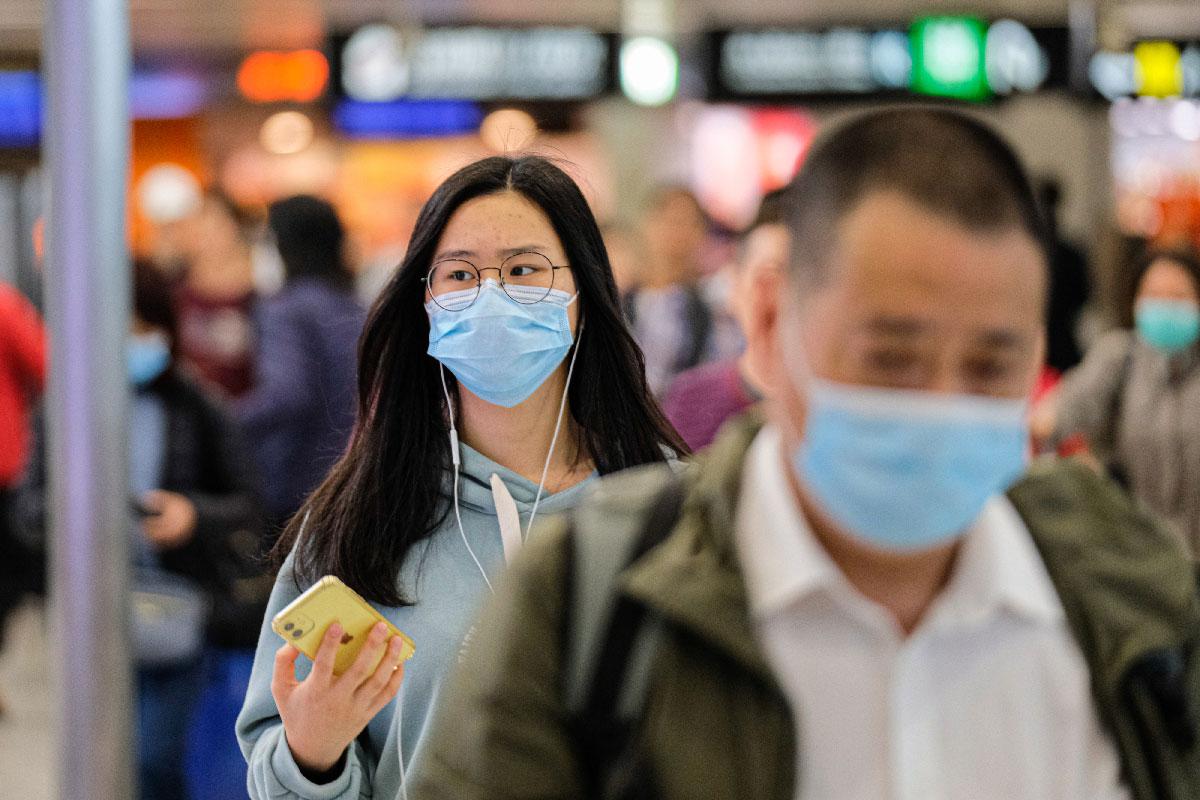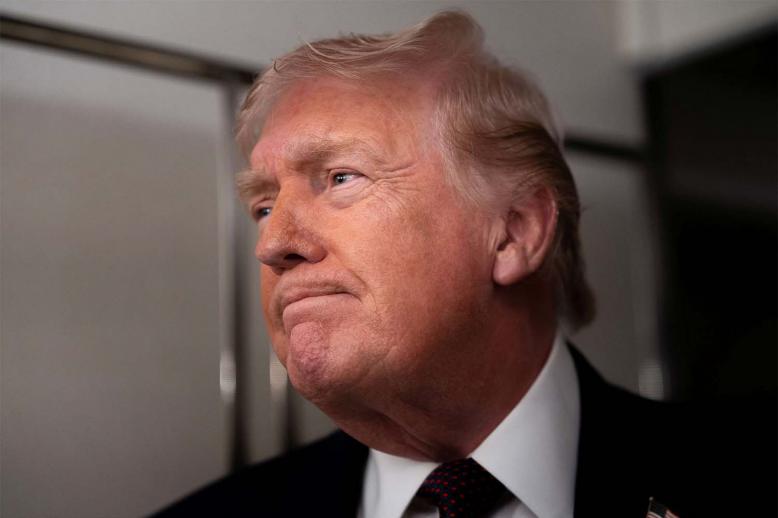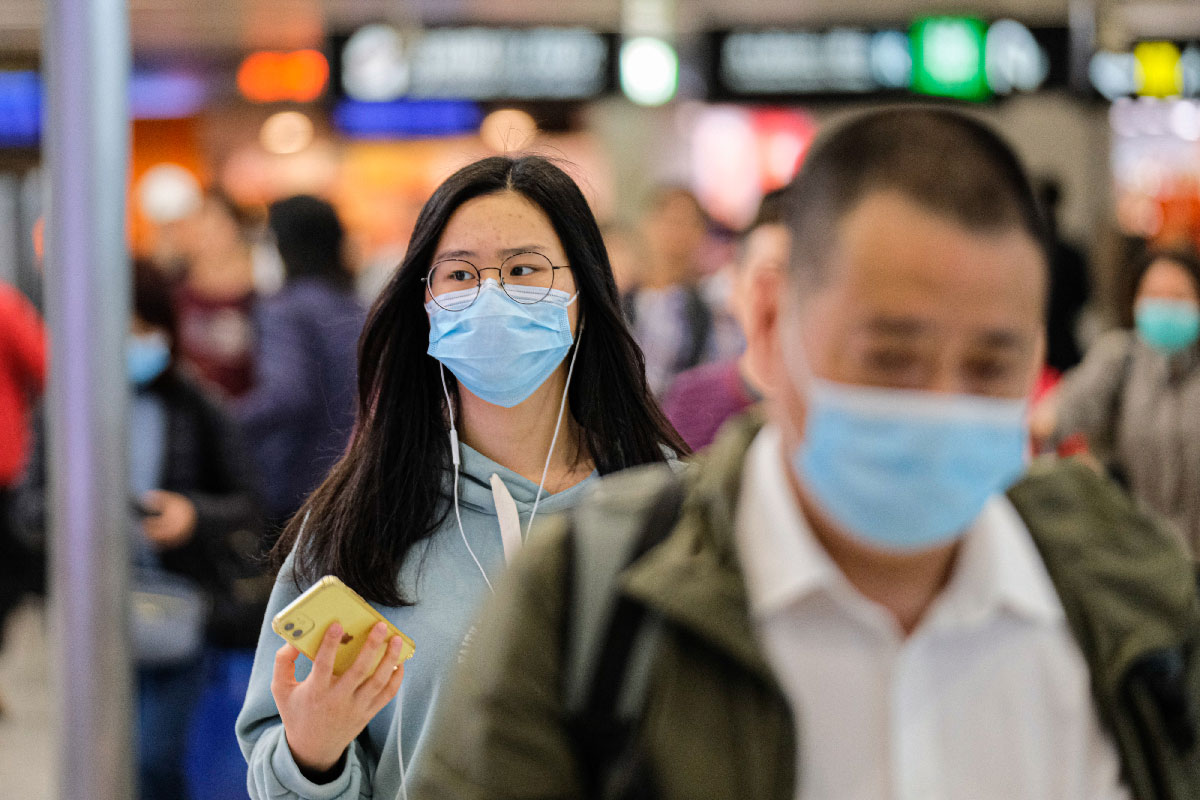Dubai, Cairo screen flights from China amid virus fears
DUBAI - Dubai and Cairo airports announced that they have started screening passengers arriving on direct flights from China, as health authorities around the world scramble to prevent a global pandemic.
Announcements from the airports came as Indian officials said an Indian nurse working at a hospital in southern Saudi Arabia has been infected by a new strain of coronavirus, amid an outbreak that has killed 17 people in China.
"About 100 Indian nurses, mostly from Kerala, working at al-Hayat hospital have been tested and none except one nurse was found infected by coronavirus. Affected nurse is being treated at Aseer National Hospital and is recovering well," V. Muraleedharan, minister of state for external affairs, tweeted.
A new coronavirus has killed 17 and infected nearly 600 since emerging from a seafood and animal market in the central Chinese city of Wuhan. Most of those affected were in China, but cases have been detected as far away as the United States.
All passengers arriving at Dubai International on direct flights from China "must receive thermal screening at the gate upon arrival and be provided with information leaflets," Dubai Airports said. Passengers will be checked in secured gates.
Dubai International is the world's third busiest airport and a major international transit hub. It is the base of major airline Emirates. Thousands of Chinese travellers are expected to pass through Dubai airport for the Lunar New Year weekend, the operator said. Hundreds of millions of Chinese will travel at home and abroad during the week-long holiday which begins on Saturday.
Egypt's Cairo airport also started screening passengers arriving from China, airport sources said on Thursday. There are doctors and health monitors in arrival halls equipped with medical devices needed to examine passengers coming from China, the sources said.
Flight attendants have also been instructed to report any coronavirus suspected cases among travellers and any suspected cases would be isolated and sent to hospital, the sources added. All airports in Egypt are on high alert and have received the same instructions, but most of the flights coming from China arrive in Cairo airport, the sources said.
The United States, Australia, Britain and several other countries have also introduced screening measures at major airports.
'New to science'
China is putting Wuhan, a city of 11 million people considered the epicentre of the outbreak, on lockdown. Images of the city posted online following the closure showed long lines and empty shelves at supermarkets as residents stocked up for what could be weeks of relative isolation.
"We are feeling as though it is the end of the world," said one Wuhan resident on China's Twitter-like Weibo platform, voicing concerns about shortages of food and disinfectant.
Another described being on the "verge of tears" when the de facto quarantine was announced, with the misery compounded by it coming on the eve of a holiday.
“To my knowledge, trying to contain a city of 11 million people is new to science," Gauden Galea, the World Health Organization's representative in China, told AP news agency in an interview at the WHO's Beijing office. “It has not been tried before as a public health measure. We cannot at this stage say it will or it will not work."
Authorities in neighbouring Huanggang announced public transport and train services would be suspended at midnight, while people were told to not leave the city of 7.5 million. All of Huanggang's cinemas, internet cafes, and the central market will close.
A third city, 1.1 million-population Ezhou, announced the train station had been closed earlier in the day. And highways were closed in neighbouring Xiantao, while public transport will be suspended from midnight in nearby Chibi. The two cities have a combined population of around two million people.
As efforts to contain the virus spread, Beijing cancelled massive gatherings that usually attract throngs at temples during the New Year holiday, while the historic Forbidden City will close from Saturday.
Wild animals
The coronavirus family includes the common cold as well as viruses that cause more serious illnesses, such as the SARS outbreak that spread from China to more than a dozen countries in 2002-2003 and killed about 800 people, and Middle Eastern respiratory syndrome, which developed from camels.
Like SARS, the new coronavirus can be passed among people through the respiratory tract. It has been named "2019-nCoV". Most patients experience flu-like symptoms, including fever, a cough, shortness of breath, a sore throat or runny nose.
It may have originated in bats, according to genetic analysis, but researchers say there could have been an "intermediate host" in the transmission to humans that one study suggested could have been snakes.
Gao Fu, director of the Chinese Center for Disease Control and Prevention, said on Wednesday the virus likely came from "wild animals at a seafood market" in Wuhan. The market offered a range of exotic wildlife for sale, including live foxes, crocodiles, wolf pups, giant salamanders, snakes, rats, peacocks, porcupines and camel meat.
China has confirmed the virus is now passing from person to person without any contact with the now-closed market.
The first case of the new virus was confirmed on December 31, and it has since been detected in Japan, Hong Kong, Macau, South Korea, Taiwan, Thailand and the United States, plus the first confirmed cases in Singapore and Vietnam on Thursday.
The 17 people who died in China were aged from 48 to 89, and had pre-existing health conditions, Chinese health authorities said Thursday.
The WHO was to hold a meeting Thursday to decide whether to declare a global health emergency - a rare instrument used only for the worst outbreaks. WHO chief Tedros Adhanom Ghebreyesus indicated the situation was not escalating out of control, saying there was "stability" for the moment.
But a senior US State Department official said Washington was "still concerned" about transparency in the Chinese government. During the SARS epidemic, the Chinese government took months to report the disease and initially denied WHO experts access to southern Guangdong province, where it originated.
Chinese authorities on Thursday reported dozens of new infections, bringing the confirmed total to 571. About 5,000 people remain under medical observation. But scientists at the Imperial College in London estimate that 4,000 people have been infected in Wuhan.






